- No products in the cart.
Popis
Etching, 1935, size 22,7×18 cm, signed right bottom: Emil Filla
The highest achieved price for oil on canvas by Emil Filla on the Czech auction market: 19.5 million CZK, Adolf Loos Apartment and Gallery, Prague, 2010
The highest achieved price for oil on canvas by Emil Filla on the world auction market: 588 thousand €, Sotheby’s, 2011
By the beginning of 1930s, Filla starts to show in his creation the erotica and hungry sexuality much more openly, in the shape of the gigantic women. Filla´s “monster women” create the impression of an evolution anomaly, however, in the same time, they symbolize the fruitful massiveness of the Mother Earth, that is based on the male and female principles. “Mother Earth” is the foundation and the source of existence – without her, there is no life.
This period of Filla´s creation is also characterized by the accurate term „monster Titanism” where the carnality that is experienced by the senses and expressed by a fantasy form changes into shapes of fully self-sufficient plastic, which, by its erotic content attain – under the influence of surrealism – the fantastic emotionality of prehistorically primitive idols and imaginations. The pictures of women in oversized proportions, based on anatomic deformations speak – they are telling us that this is a figure, but from a strange world of modern mythology.
Woman in Armchair is monster-like, ugly and primitive. Suddenly, she emerged from the depths of the Earth and decide to sit down in our living room on the armchair. Absolutely shamelessly, she scratches her naked breast by one of her hands, and at the same time, paradoxically, she covers her gaping mouth by the other hand. The fat legs, in spite of their gigantic proportions, can´t hide the clearly contoured lap of this woman. The whole body of this female giant from the tribe of Titans, is melting on the armchair that hardly contains her. She is a woman from a different world, from the world before and after the human existence, and this is why she is special.
Bibliography:
Vojtěch Lahoda: Emil Filla, Academia Praha 2007, page. 348.
Další informace
| Autor | |
|---|---|
| Období | |
| Místo vzniku | |
| Rok vzniku | |
| Kategorie | |
| Technika | |
| Téma | |
| Signováno | |
| Rozměr díla | |
| Rozměr kresby díla |
Pro přidávání recenzí se musíte nejdříve přihlásit.



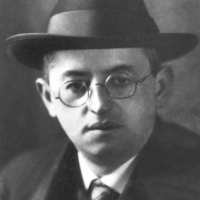




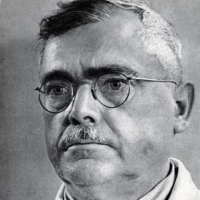


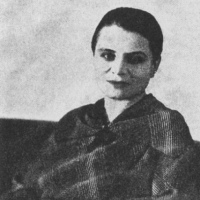


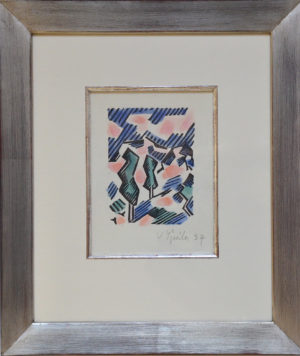
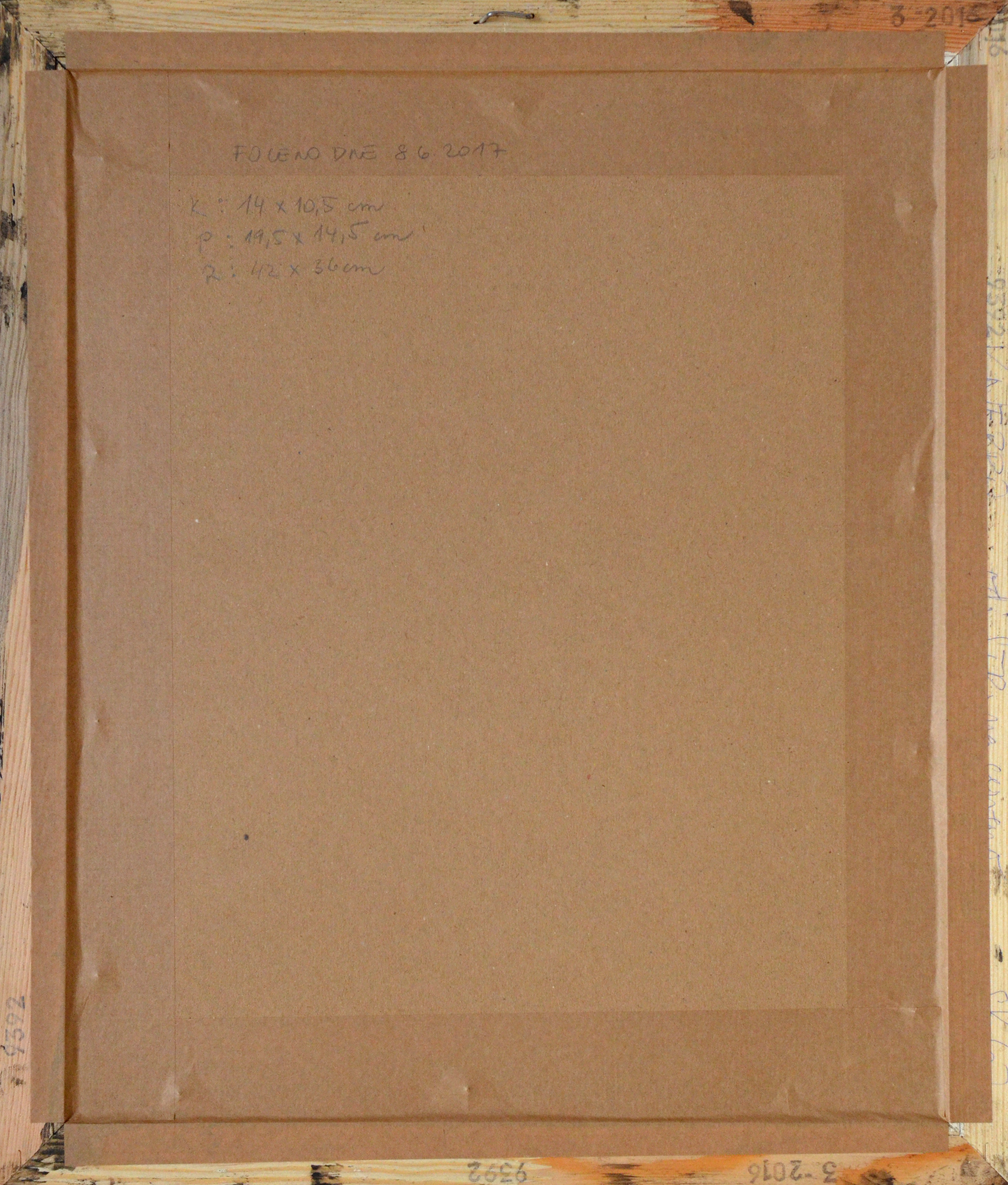



Recenze
Zatím zde nejsou žádné recenze.